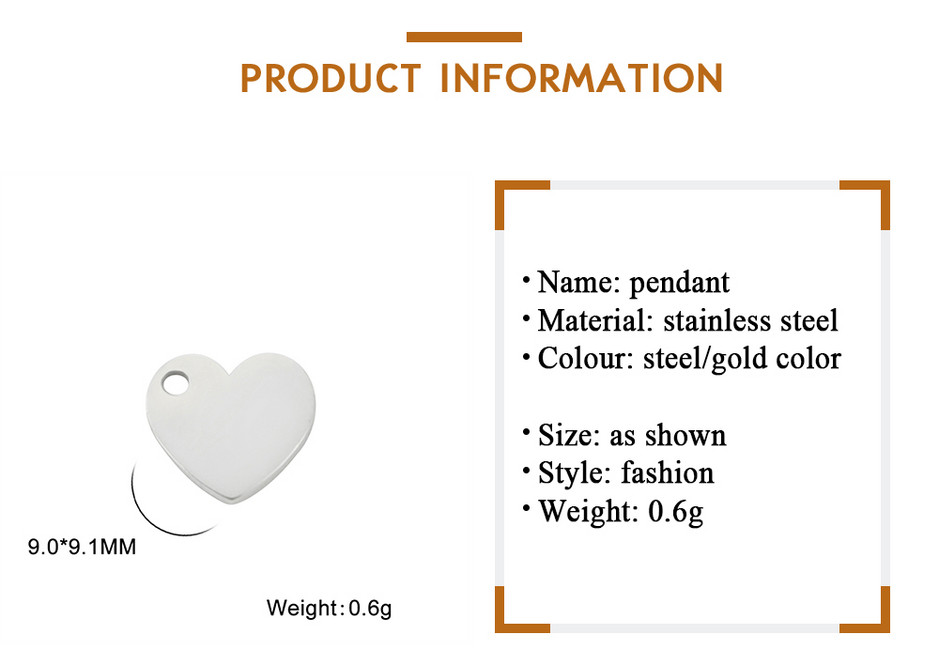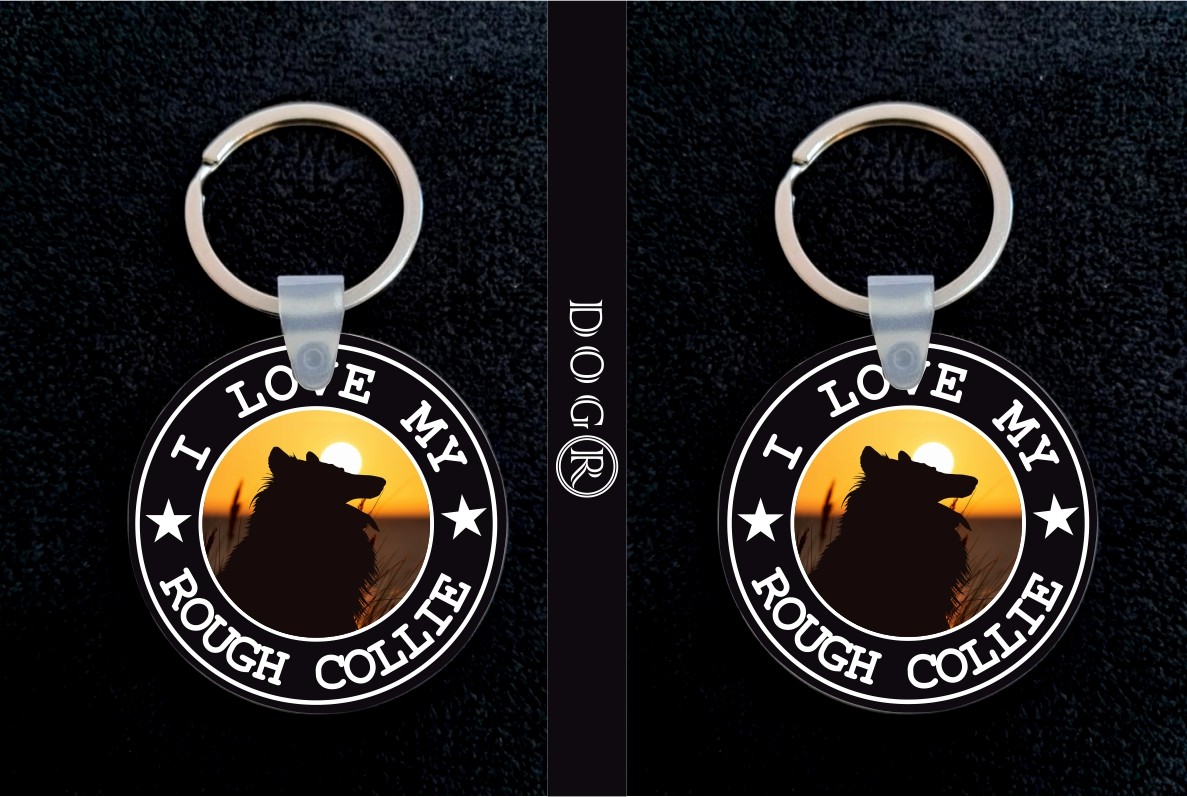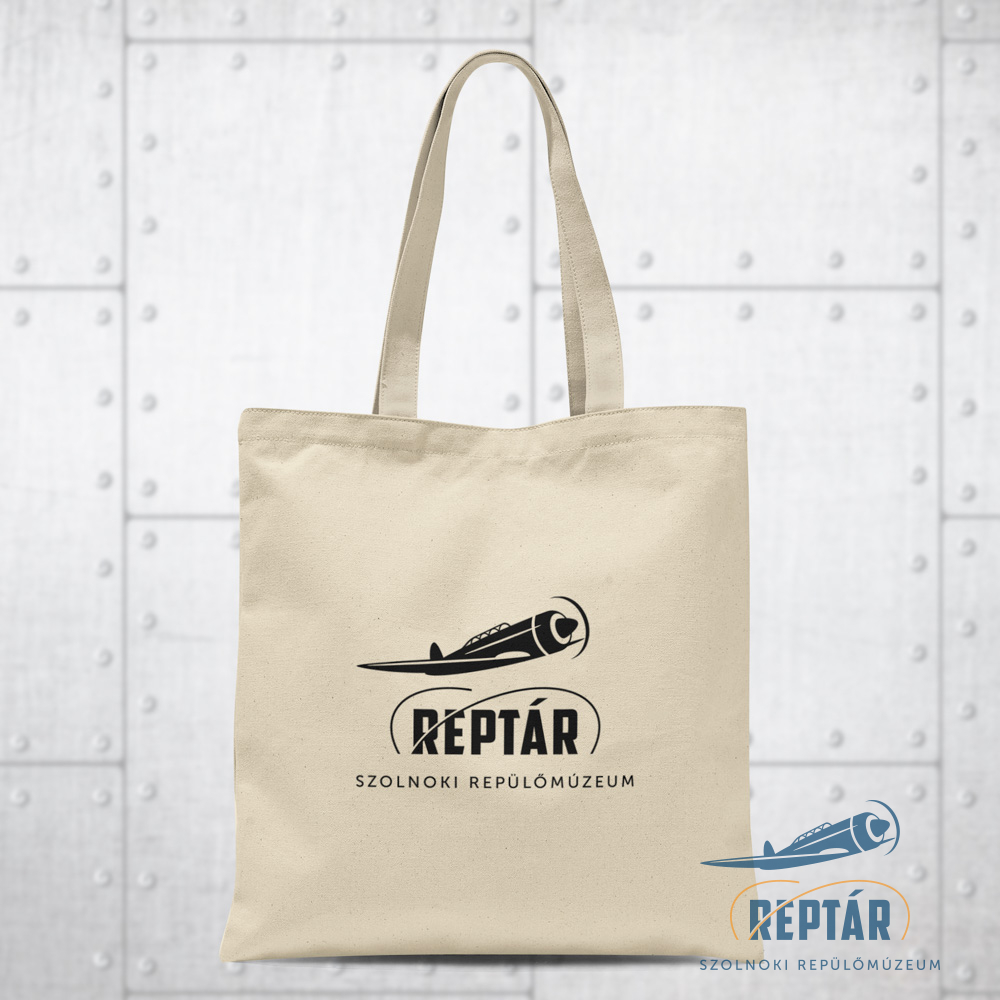
Sailor style keychain - Collectibles | Galeria Savaria online marketplace - Buy or sell on a credible, high quality platform.

Sailor style keychain - Collectibles | Galeria Savaria online marketplace - Buy or sell on a credible, high quality platform.

Kreatív Kulcstartó Haj Stylist Alapvető Hajszárító Olló, Fésű, Dekoratív Keychains Fodrászok Ajándék Kulcstartó Medál | Jelmez Kellékek < Abksued.at
Szürke Klasszikus fém kulcstartó | Reklámajándék, szóróajándék és céges ajándék logózás – D&D Gifts & Merchandising

Amazon.com: Doooze Wristlet Keychain, Wrist Lanyard Key Chain, Car Keychain Hand Strap, Cell Phone lanyards Key Chain Holder : Office Products

Sailor style keychain - Collectibles | Galeria Savaria online marketplace - Buy or sell on a credible, high quality platform.

EUEAVAN 5db szív rozsdamentes acél varázslatok ékszerkészítéshez, apró bájos medál fülbevaló karkötő ékszer készítés - Badu.hu

Kreatív Kulcstartó Haj Stylist Alapvető Hajszárító Olló, Fésű, Dekoratív Keychains Fodrászok Ajándék Kulcstartó Medál | Jelmez Kellékek < Abksued.at


















